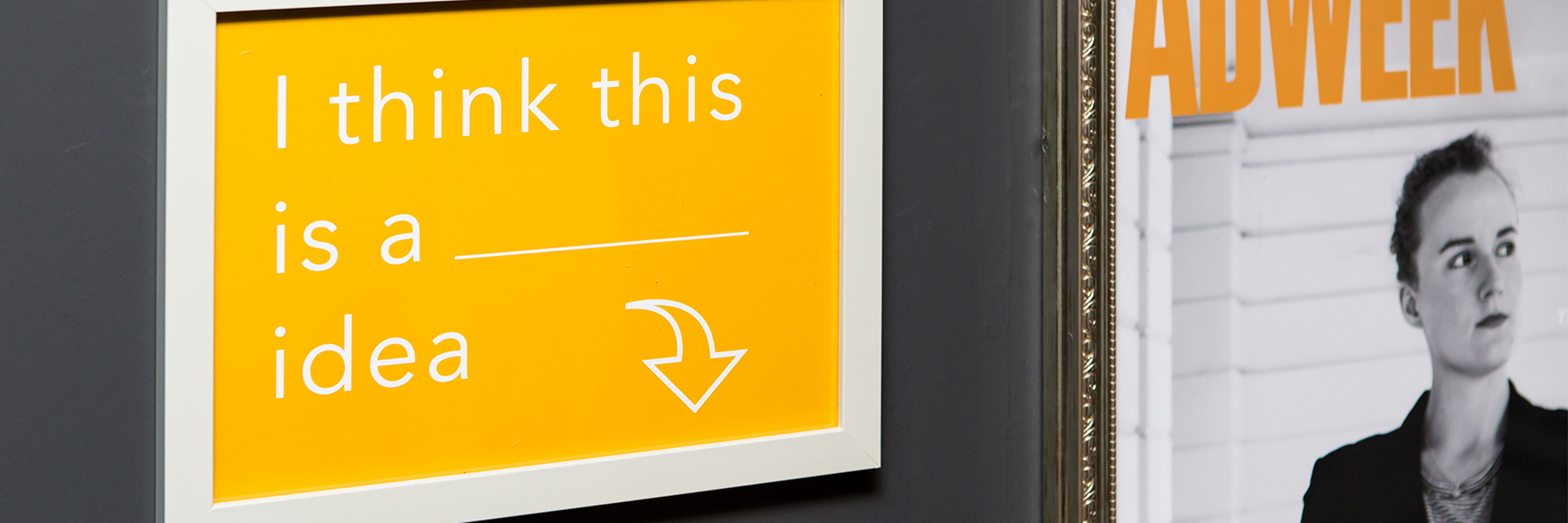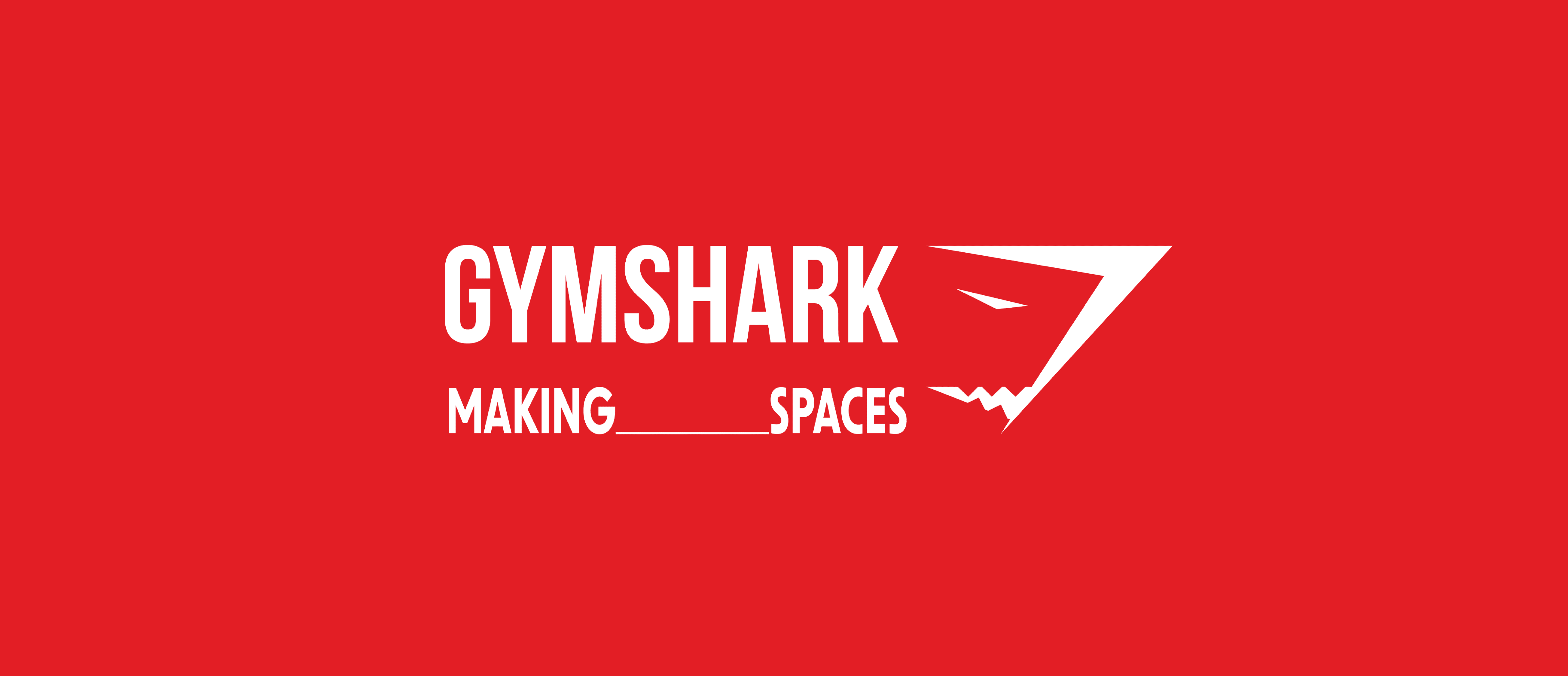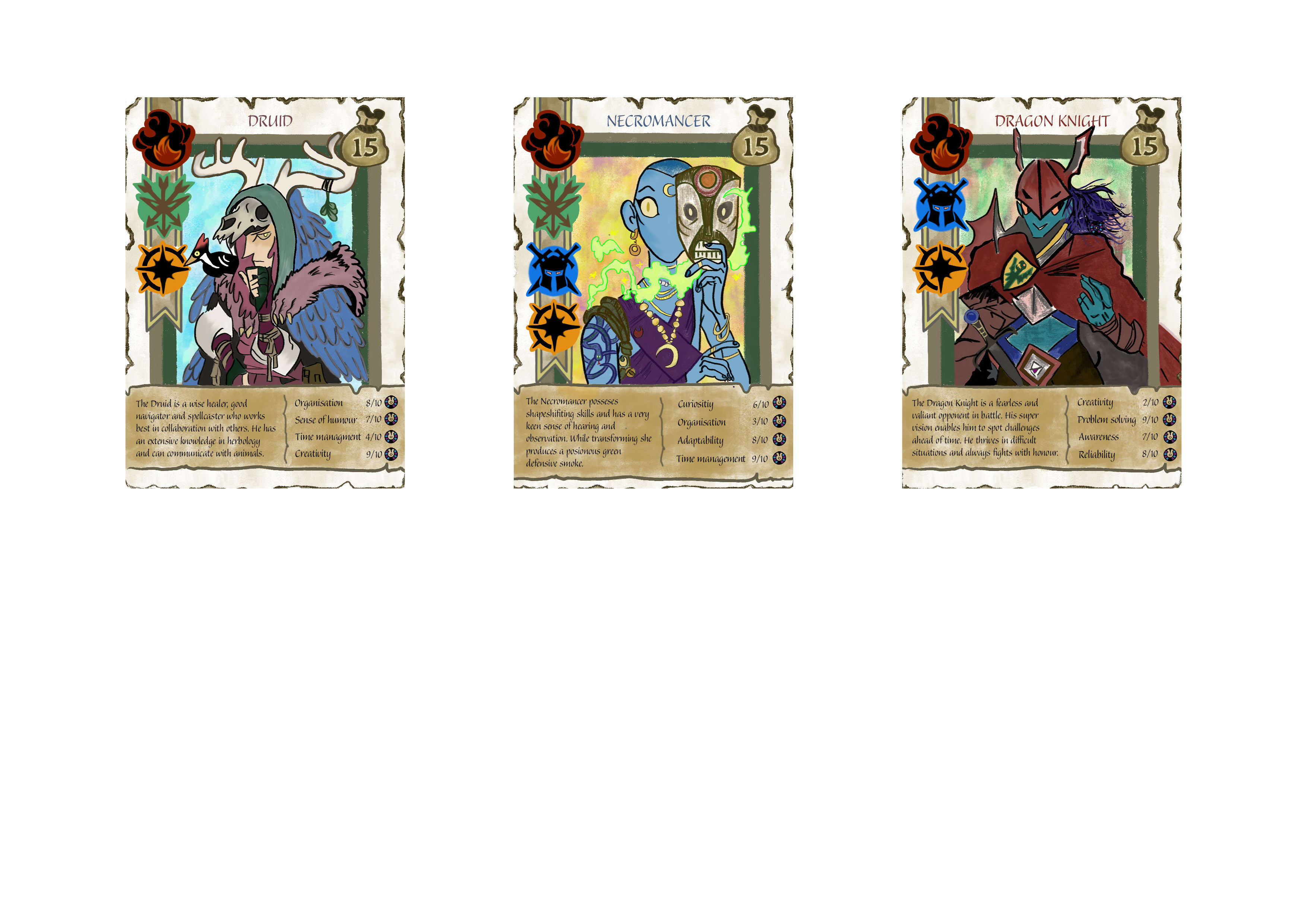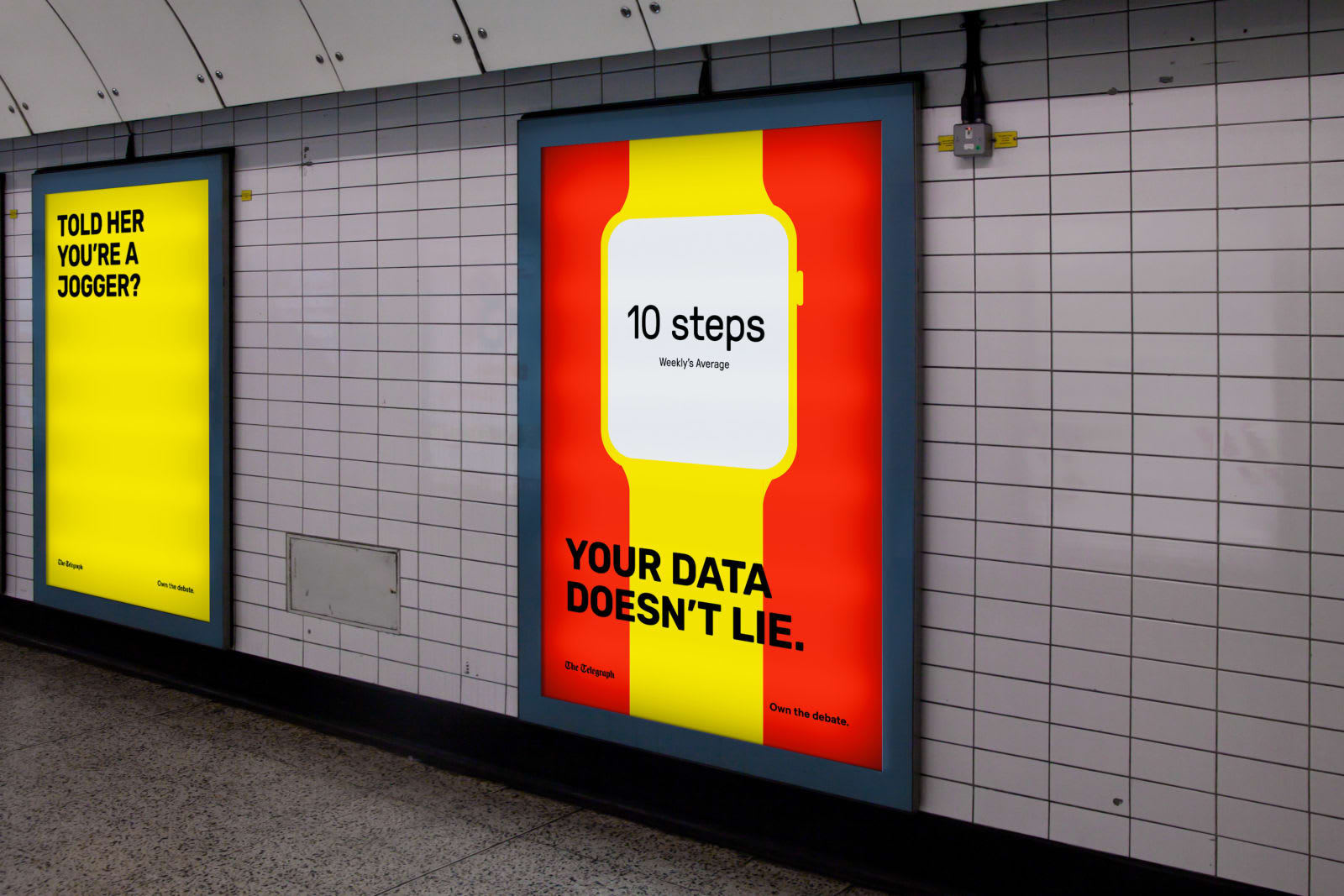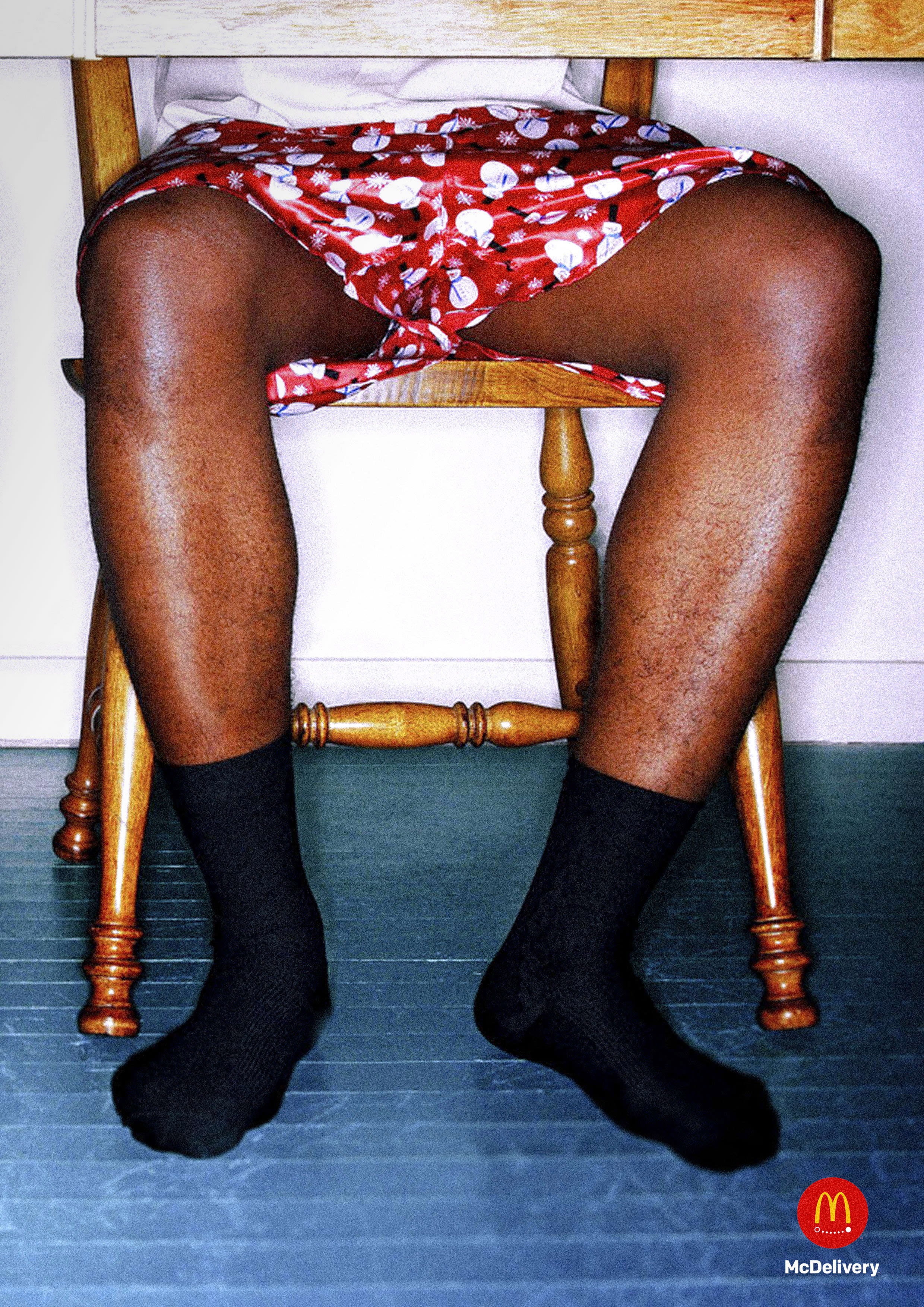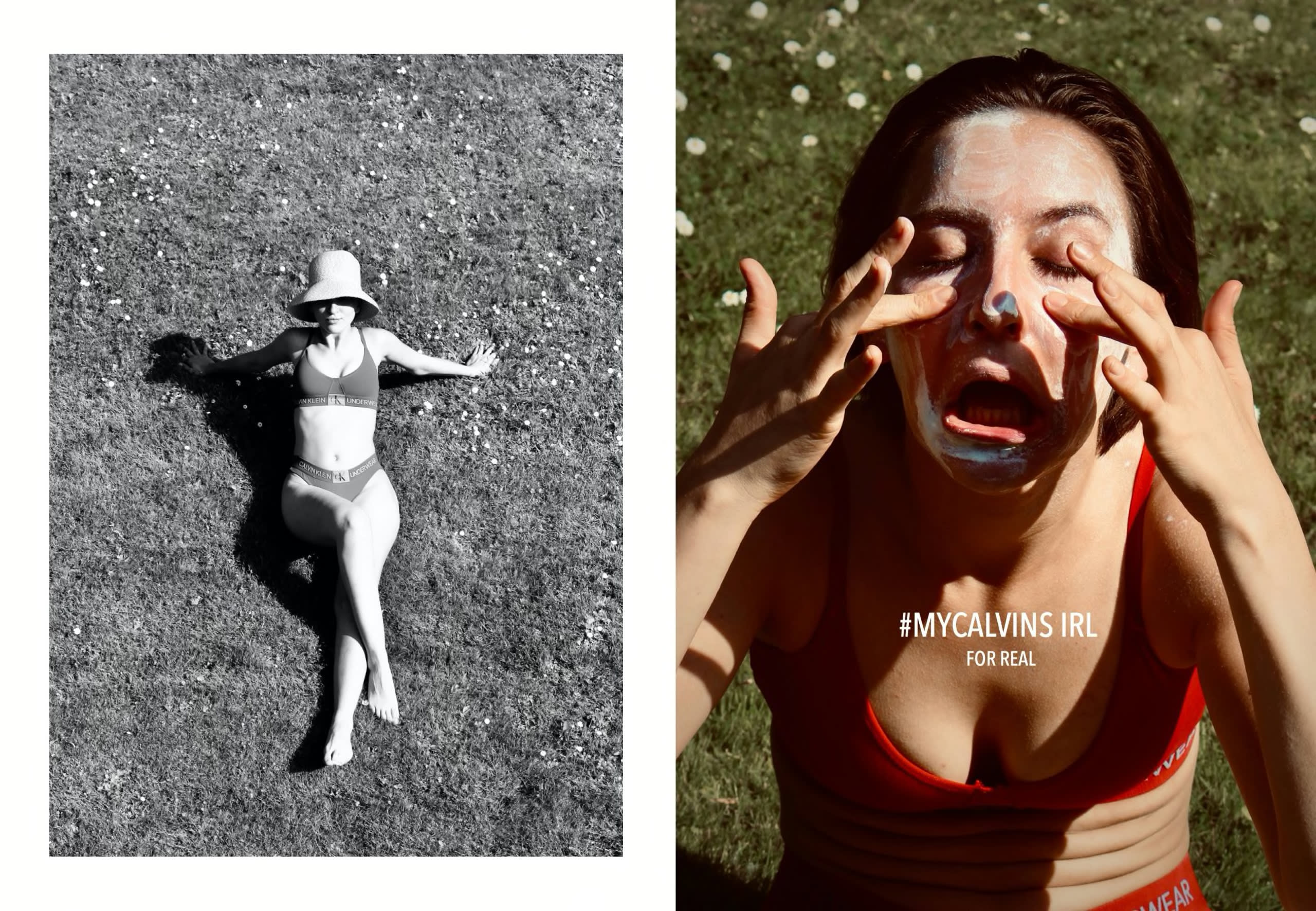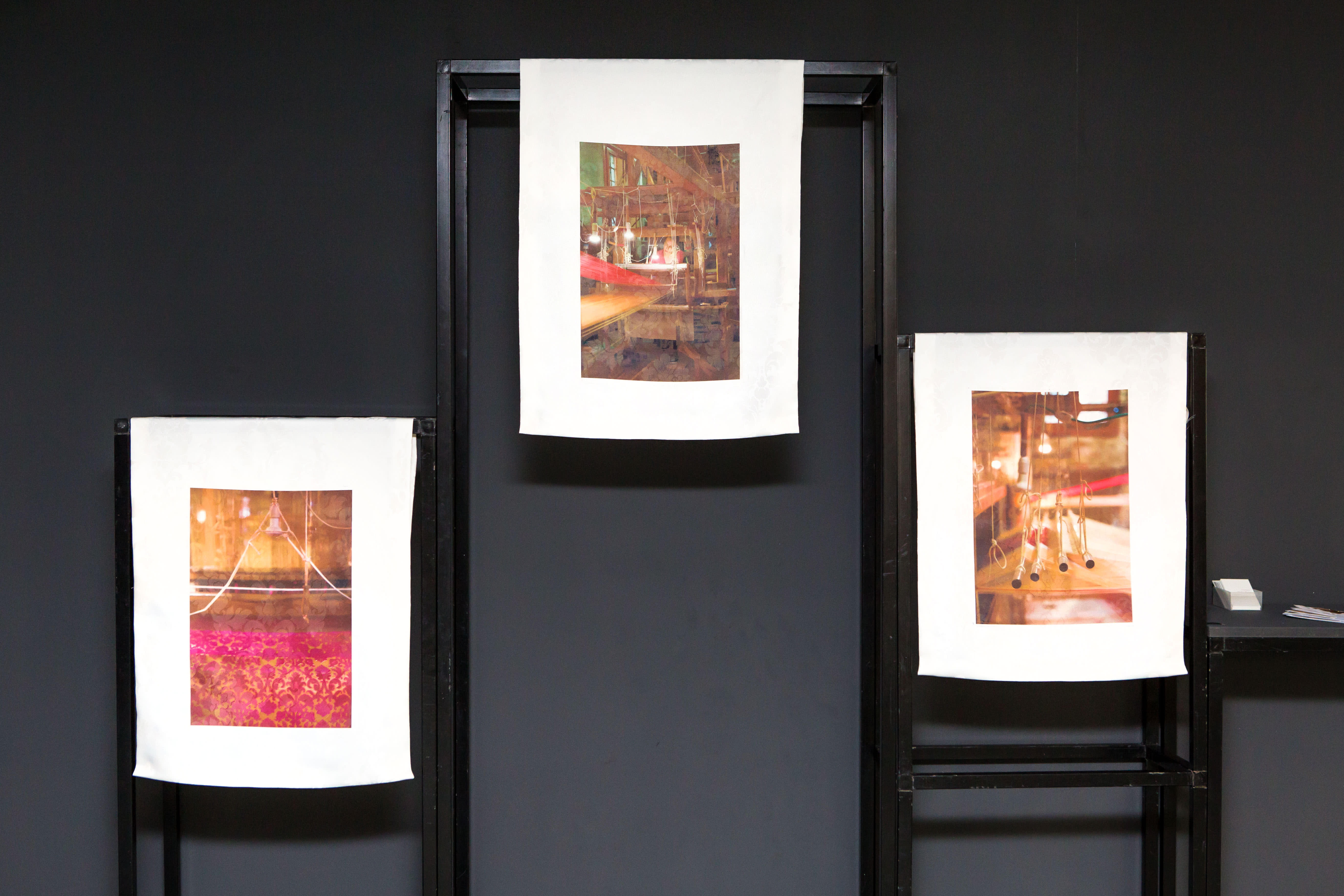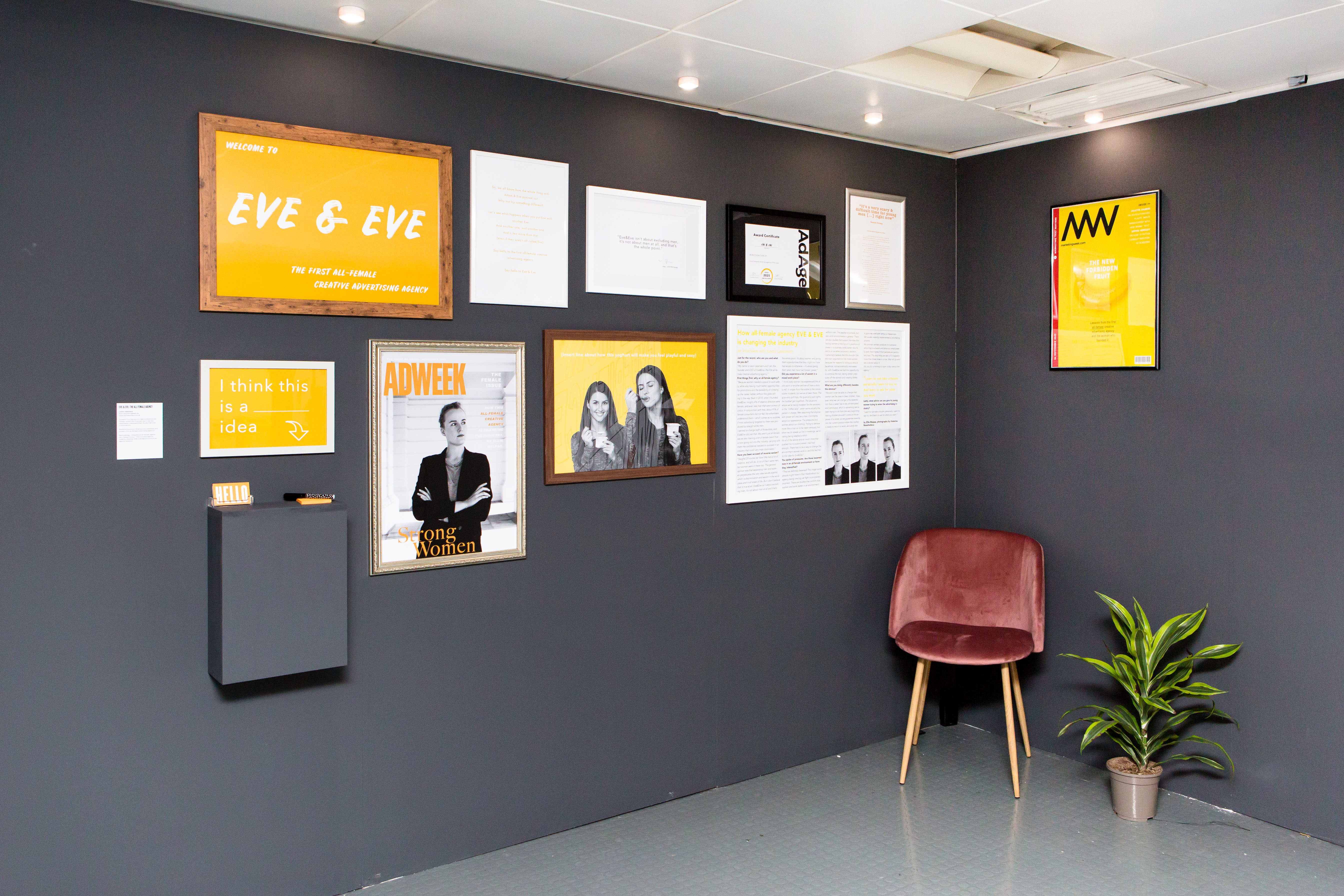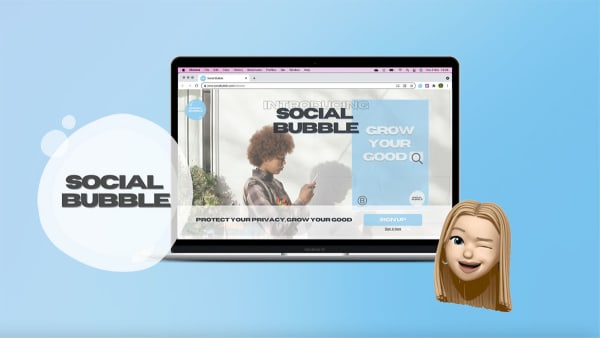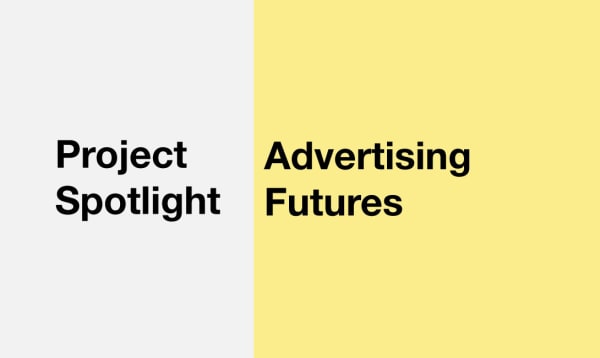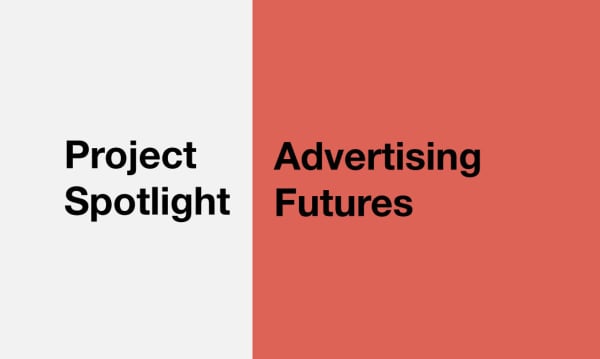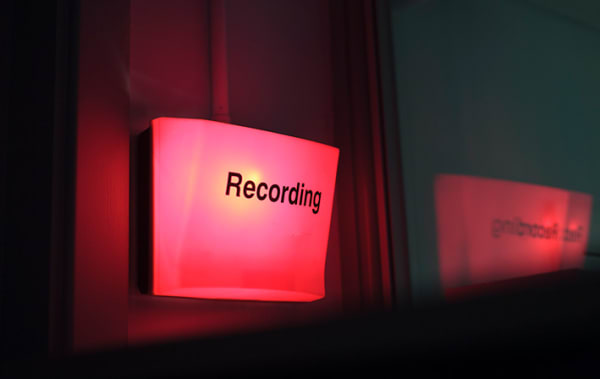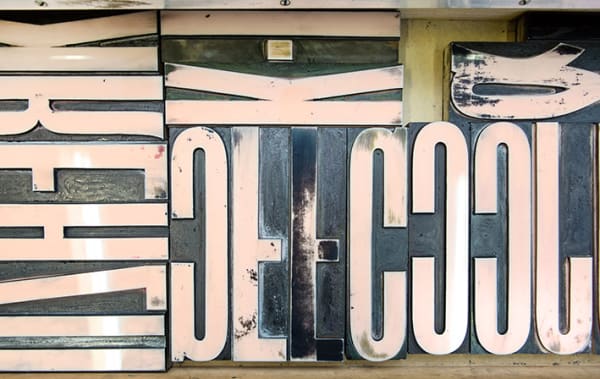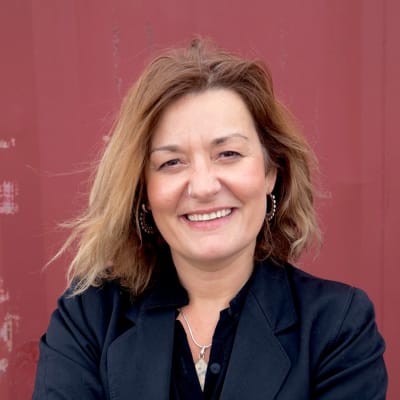Course units
We are committed to ensuring that your skills are set within an ethical framework and are embedding UAL’s Principles for Climate, Social and Racial Justice into this course.
Each course is divided into units, which are credit-rated. The minimum unit size is 20 credits. The MA course structure involves 7 units, totalling 180 credits.
Autumn, Term 1
In the Autumn Term, you’ll focus on context, audiences and your creative skillset, providing you with a strong foundation for developing a portfolio that’s aligned to your interests - as a creative, a planner or a hybrid of the two. Industry talks and briefs are also embedded from the start of the course.
Advertising and Communication Industries (20 credits)
As the foundation of your entire degree, this unit places advertising in its wider context. You’ll examine contemporary forms and changing relationships between brands and marketers, advertising and marketing agencies, and media and platforms, assessing them in relation to global, regional and national political economies, industrial arrangements, technologies, and social and cultural contexts.
Investigating Audiences (20 credits)
You’ll explore the dynamic relationship between planning, research, analysis and measurement by investigating a range of innovative and traditional methods for researching consumers and the marketplace.
By exploring consumer psychology and behaviour through techniques including personas and virtual world ethnography, you’ll develop your understanding of the influence and effectiveness of advertising and marketing communications.
Creative Advertising (20 credits)
In the first unit of the Creative Practice strand, you’ll develop key multimedia skills in creative content production, ranging from copywriting to art direction for different platforms and requirements. You’ll develop your own portfolio of work as you explore how creativity and strategy combine to create effective advertising.
Spring, Term 2
In the Spring Term, you’ll focus on technology and innovation in advertising, collaborating with others, and understanding trends in data and digital advertising. Alongside further opportunities to work on industry briefs and develop your own interests, you’ll collaborate with partners that may include industry professionals or other students at UAL. You’ll also have the chance to study for an additional industry qualification in data and digital marketing.
Creative Laboratory (20 credits)
Advertising and media agencies are increasingly establishing ‘laboratories’ to explore and develop innovative solutions to contemporary issues and challenges.
In the second unit of the Creative Practice strand, you’ll work with an industry partner in a ‘creative laboratory’, where you’ll apply the skills you’ve learned to develop effective creative content for an emerging media space or technology. You’ll design a practice-research project which will enable you to explore different environments and possibilities, and to consider where boundaries can be extended and/or disrupted.
Digital Media Strategy (20 credits)
This unit will enable you to explore the current and future digital media landscape, consider theories and concepts of digital marketing, and examine digital marketing practice with a focus on an understanding of data at the core of digital media execution and planning.
You’ll develop a digital media communications plan, learn how data has revolutionised our understanding of ‘the consumer’, and explore increasingly creative ways to serve personalised advertising that respects data protection and privacy. You’ll also have the option to study for an additional industry-accredited qualification in data and digital marketing.
Collaborative Unit (20 credits)
This unit is designed to help you identify, form and develop collaborative working relationships with a range of potential partners. These could include other postgraduate students at LCC or UAL; postgraduate students at other Higher Education institutions; or external organisations such as cultural or community groups, NGOs, businesses or charities. The nature of this collaboration will involve working on a project with outcomes agreed by your tutors.
Summer, Term 3
The focus in Terms 3 and 4 is on working towards your Final Major Project, which is tailored to your personal interests and development.
Final Major Project (60 credits)
Your Final Major Project is your opportunity to design and engage in a major piece of self-generated and self-directed research which demonstrates your advanced critical and analytical skills, as well as your practical and theoretical knowledge. You’ll apply an appropriate method of enquiry from a range learned on the course to an industry, brand or societal question/challenge.
The Final Major Project is your major statement. As innovative work that will form part of your portfolio, it’s intended to help launch your career in the advertising, marketing communications and media industries, or to prepare you for future study.
In Term 3, your Project will be supported by teaching in research methods.
Autumn, Term 4
Final Major Project (continued)
In the final supervisory term, you’ll complete and submit your Final Major Project.
